Google Fuchsia: Everything we know
The future of Google’s Android-Chrome hybrid OS
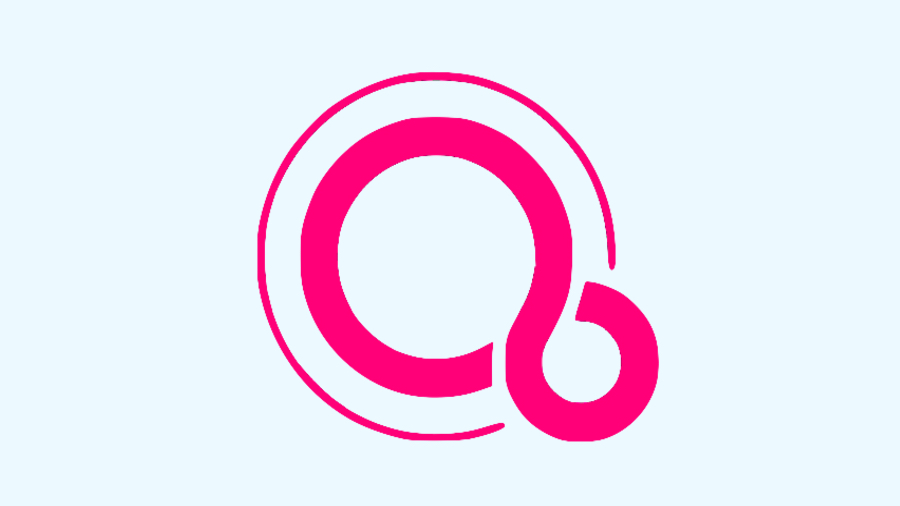
Sign up for breaking news, reviews, opinion, top tech deals, and more.
You are now subscribed
Your newsletter sign-up was successful
What exactly is Google Fuchsia, and when can we expect it? In essence, it’s a fusion of the Chrome and Android operating systems (OS). Nobody knows what Google Fuchsia will look like once it’s released, as there’s very little concrete information out there. But, we believe that Google Fuchsia, if and when it finally comes to the light of day, will be the universal Google operating system stretching across all kinds of devices.
Google Fuchsia revolves around the idea of being able to do whatever you want from whatever device you have at the ready. We see hints of this approach in some of Google’s endeavors, like bringing Android Messages and a VR video editor to a wide range of hardware. There are also some Chromebooks, along with the Google Pixelbook, that can run both Android apps from the Google Play Store and an early build of Fuchsia itself – which is also rumored to run Android apps.
Even the maligned Google Pixel Slate might actually offer a glimpse at what the future of Google Fuchsia will look like. While the tablet doesn’t give us a clue about when Fuchsia actually comes out, it does provide some kind of union between Chrome OS and a mobile OS. Google changed the UI of Chrome OS to be more palatable on tablet – bringing it closer to a unified OS across different families of devices. Whether it relates to Fuchsia remains to be seen, but we see it as a step in the right direction.
Unfortunately, information around Google Fuchsia’s target release date is hazy. We were expecting Google to announce Google Fuchsia, or Google Andromeda back in October 2017. However, that announcement never came. More than two years later, and there’s hardly any news.
Still, we’re here to give you everything you need to know about Google Fuchsia, from rumors, leaks and speculations to any information Google itself will release. Regardless of what the final product is, or whether or not Google Fuchsia ever makes it to the devices, be sure to keep this page bookmarked, as we’ll update it with any new information we find.
Cut to the chase
- What is it? An Android-meets-Chrome, multi-device operating system
- When is it out? An early form is available on the Google Pixelbook now
- What will it cost? Likely nothing, as is with Android and Chrome
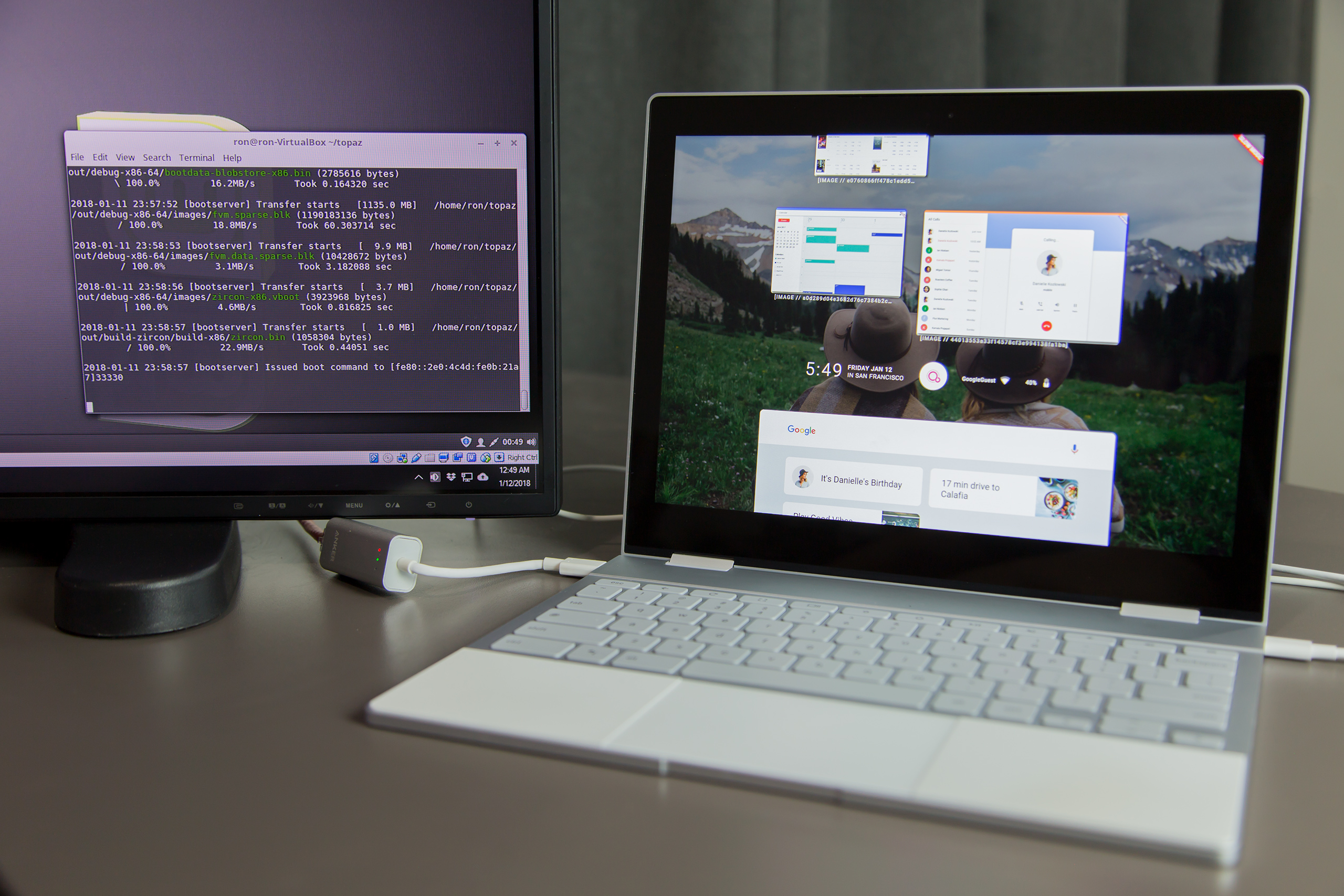
What is Google Fuchsia?
Right now, there appears to be a divide within Google regarding what Fuchsia actually is. While the team working on it says they want Fuchsia to be the ultimate Google OS, running on all of its phones, tablets, laptops and smart home devices – Google’s leadership is still considering it an experiment. That basically means that we’ll just have to wait and see what happens, and what materializes out of all this testing.
What we actually know is that Google Fuchsia is a hybrid OS that is still very much in its development stage. The entirety of Fuchsia OS is comprised of two distinct but connected user interface (UI): a phone-centric one codenamed ‘Armadillo’ and a traditional desktop UI known as ‘Capybara’ internally, according to 9to5Google.
Sign up for breaking news, reviews, opinion, top tech deals, and more.
So far, we know more about the mobile version of Fuchsia than the laptop one, but ArsTechnica was recently able to get Fuchsia running on a Google Pixelbook in a very early state. And, it looks like both versions should be capable of running Android apps, much like many Chromebooks in 2019. So, backwards compatibility looks to be something that early Fuchsia adopters can look forward to.
'Fuchsia is going to accomplish much of what Microsoft and Apple already have in Windows 10 and iOS-to-macOS Sierra Continuity, respectively, but in a very Google way.'
Dividing the OS up into two separate UI based on the hardware it’s being used on is a classic Microsoft-inspired move. Windows 10 already scales depending on whether it’s being used with a desktop computer, phone, tablet or game console. In fact, Windows 10’s only unifier is its kernel, the root code that controls most of the OS.
In the case of Fuchsia, that kernel is known as ‘Zircon,’ and it’s built to be consistently upgradeable – in addition to being safe from applications accessing it constantly, adding an extra layer of security and eliminating situations where apps are rendered incompatible with OS updates.
Whether it’s in the mobile or desktop mode, Fuchsia is loaded with Google’s Material design found all through its Android and Chrome OS products. Shadows are a big part of the design aesthetic, using a new Vulkan-based graphics renderer known as ‘Escher’ to do the job. The result is an interface with more depth to its appearance than traditionally flat OS products.
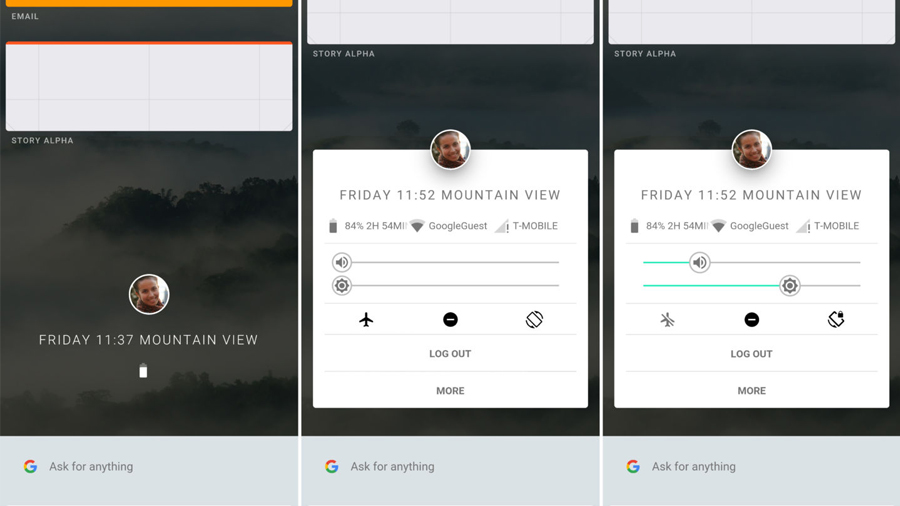
In addition, Fuchsia is heavily focused on a card-based interface, in which each app you open appears inside one of these cards – plus, you can place multiple apps into a single card. This orients the user around tasks at hand rather than apps. Those apps are expected to look the same regardless of the device because of a new cross-platform mobile app development framework, developed by Google, known as Flutter.
Beyond that, Google Fuchsia revolves around Google Assistant more deeply accessing and working with your apps and information to provide even more actions and insights. Google has referred to these apps and pieces of information as ‘entities,’ according to a GitHub developer page, and they’re all accessible by Google Assistant on Fuchsia. We’ve even seen a recent demo that further demonstrates how deeply ingrained Google Assistant is in Fuchsia.
It also looks like Google will be changing how it gathers analytic data within Fuchsia, according to a report from 9to5 Google. Fuchsia will see the implementation of a new analytic program called ‘Cobalt,’ which will collect information on how you use apps within the OS. Cobalt is supposedly a part of Google’s security-minded approach to the OS, but encryption hasn’t been worked in yet. Nevertheless, we’re sure Google will roll better security into Cobalt eventually.
Google Chrome, or at least an early build of Chromium, is up and running on early builds of Google Fuchsia, according to a report from 9to5 Google. And, while it’s not ready for the limelight, this does mean that the fledgling OS is getting closer to being usable without days of preparation.
Finally, Fuchsia strives to be the best cross-device OS to date. To achieve this, Fuchsia uses a new tool known as ‘Ledger’ by the GitHub community. Ledger, once you’re signed into a Google Account on a Fuchsia device, will automatically hold your place in all installed apps across all Fuchsia devices.
All in all, Fuchsia is Google’s attempt to get the best of Chrome and Android into a single operating system that’s more efficient and seamless both while you’re using it and when you’re away – not to mention in between those states or between devices.
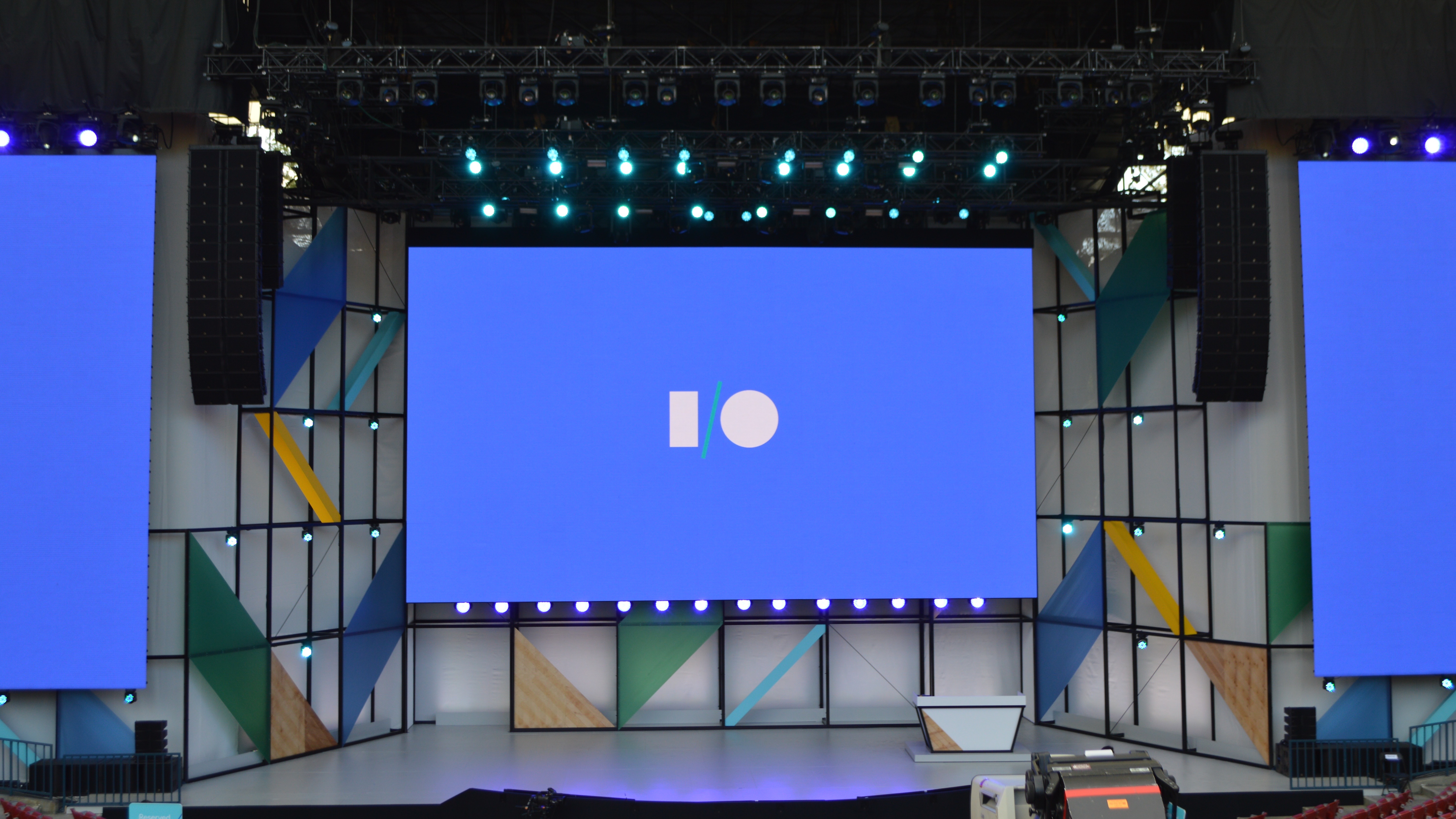
Google Fuchsia release date
Ever since August 2016, we’ve come across a ton of rumors about Google Fuchsia’s release date – and each turned out to be wrong. These rumors usually bubble up right before Google’s big Google IO developer event in California, or when we know a big hardware release is on the horizon.
Back in February, it was revealed that Google’s former head of Android platform security, Nick Kralevich, had left the Android team to ‘define security’ over in the Fuchsia department. Describing it as a “new, experimental operating system,” Kralevich doesn’t hint at any specific launch window. However, it does prove where Google chooses to put its most important resources.
Today, all the speculation points to Google Fuchsia running within the next three years just on smart home devices, with a full public release coming within the next five years. Still, that seems to be a rumor with little foundation – we’d be surprised if we saw it release before 2024 (or actual androids), if it ever actually comes out.
Recent developer messages through the Android Open Source Project do suggest some movement. One of the commits mentions two repos, which the folks at 9to5Google take to be the “incorporation of the official Fuchsia SDK”. Another commit mentions the Huawei Honor Play smartphone, so we could see Fuchsia tested on actual devices soon.
We’ve also seen evidence of other developers working on the platform. Yang Guo from the Node.js project at Google tweeted, looking for someone to help port Node over to Fuchsia, according to a report from Android Police. This suggests that Google is looking to implement full Javascript functionality to Fuchsia, and may point to some progress and maybe toward an eventual release date.
What might help point to some progress for the Google Fuchsia release date, though, is a new hire from Apple. Bill Stevenson, a senior macOS engineer for Apple, announced on LinkedIn that he is joining Google to help bring Fuchsia to market.
At any rate, keep it locked to this page as we draw closer to a possible release date, and therefore might have some new information for you.
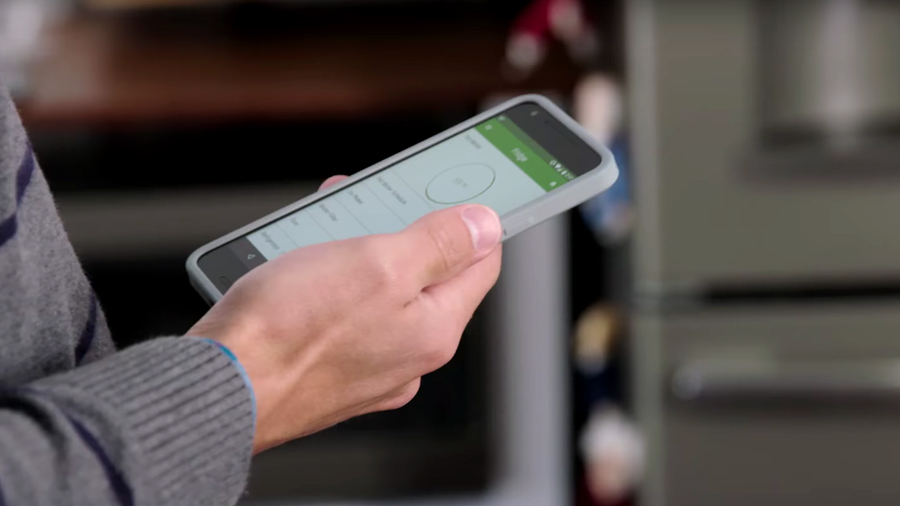
What could Fuchsia mean for Android and Chrome – and Windows and macOS?
Word on the street is that Google Fuchsia is Google’s answer to Microsoft and Apple’s united platforms. In turning Android into one of the two biggest smartphone platforms and later popularizing Chrome OS – not to mention G-Suite, Google’s web-based productivity programs – Google has already been developing into a major player on all platforms.
From the sounds of it, Google is trying to accomplish much of what Microsoft and Apple already have in place with Windows 10, iOS and macOS High Sierra – continuity, respectively, but in a very Google way. It’s easy to expect access to Google’s unmatched search and data-tracking at your fingertips – Google Assistant and ‘entities’, anyone? – which it can boast as better than Microsoft and Apple’s, and an interface that evolves to meet the needs of the device from which it’s accessed.
Will this eventually mean the end of Android and Chrome? In name, most likely, but their principles will almost certainly live on – there's too much solid foundation not to build on them. Just look at the Material design language found throughout these early builds of either version of Fuchsia.
The end result – hopefully available in some kind of preview form later this year – will be just one platform for Google to worry about. With Fuchsia, Google will be able to push new updates and features to all versions at once, simplifying support as well as user understanding and experience.
With that, Google will become that much more of a formidable foe to Microsoft and Apple, and that much more enticing an option to Android and Chromebook users all over. Who knows, perhaps it will be enough to make converts from the other side of Microsoft and Apple’s fences.
Michelle Rae Uy and Gabe Carey have also contributed to this report
- These are the best Chromebooks we’ve tested to date

Joe Osborne is the Senior Technology Editor at Insider Inc. His role is to leads the technology coverage team for the Business Insider Shopping team, facilitating expert reviews, comprehensive buying guides, snap deals news and more. Previously, Joe was TechRadar's US computing editor, leading reviews of everything from gaming PCs to internal components and accessories. In his spare time, Joe is a renowned Dungeons and Dragons dungeon master – and arguably the nicest man in tech.